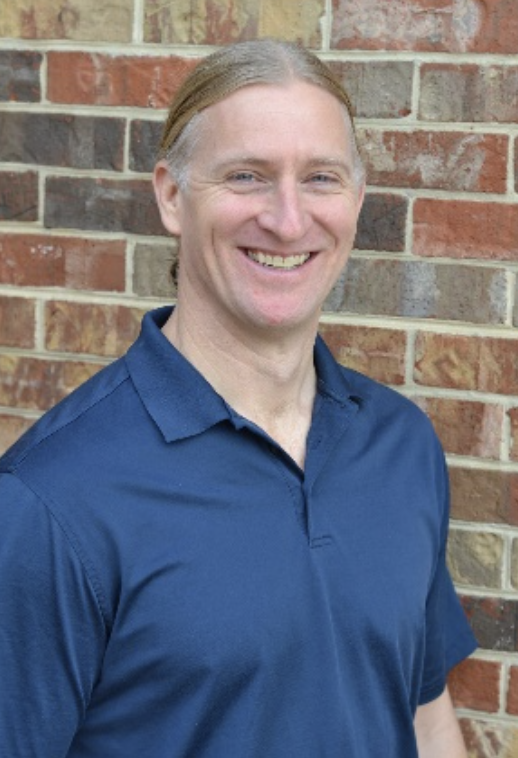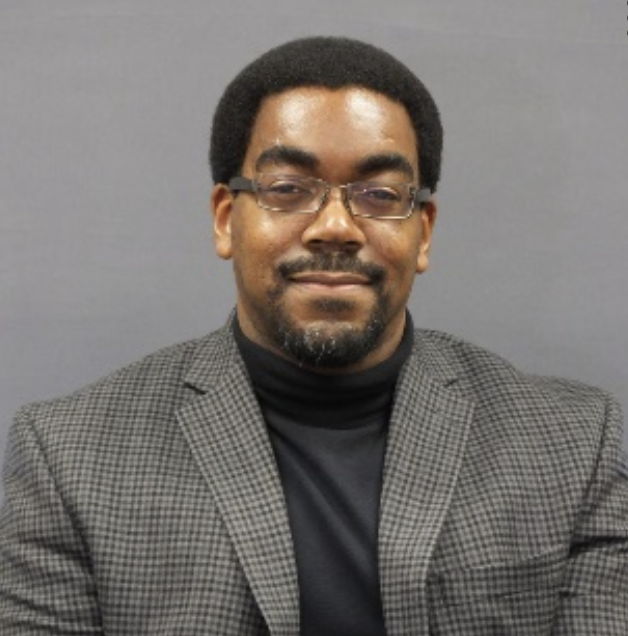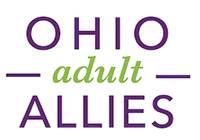Creating Opportunities for Youth to Lead: Building Resilient Youth and Communities Dec. 2, 2020 | Columbus, OH
Speakers

Dr. Chris Hulleman
Dr. Chris Hulleman is associate professor of education, psychology, and public policy at the University of Virginia, and director of the Motivate Lab. Much of his work has focused on examining the extent to which helping students find relevance in their coursework for their lives increases learning and interest.
Learning Objectives-
- Participants will be introduced to the idea of learning mindsets and how they shape our perceptions and behavior.
- Participants will learn about three specific mindsets referred to as Mindset GPS: Growth, Purpose, and Sense of Belonging, and how these mindsets relate to student engagement.
- Participants will learn some ways that they can apply the psychology of learning mindsets to their work as Adult Allies to help encourage young adults to engage in prevention work in an online setting.e.

Albert Gay
Albert Gay works within Indiana University’s School of Public Health as an Education and Training Specialist and Research Associate. He is noted for training organizations to integrate cultural competence and cultural humility practices within organizational structures to reduce disparities and inequities.
Learning Objectives:
- Gain awareness of the collective trauma on youth of all backgrounds
- Place themselves on the tolerance continuum to inform their own growth as anti-racists
- Uncover racial bias and its harmful impact.
- See how adults can help youth protect and heal through anti-racism practices.

